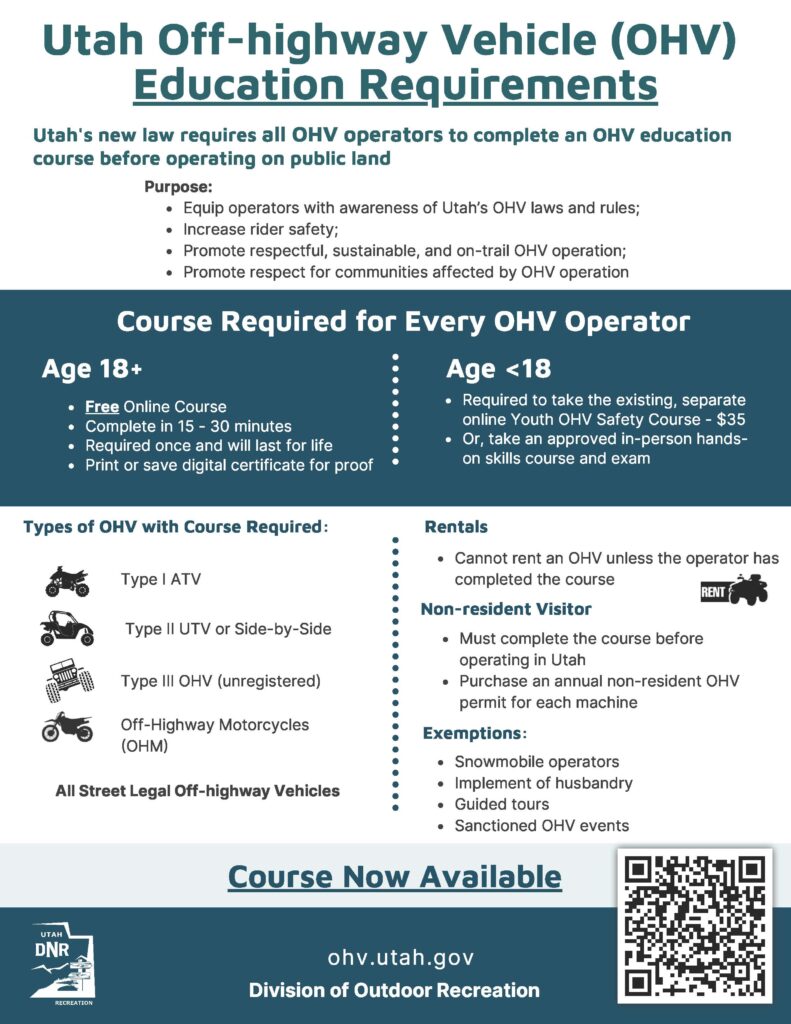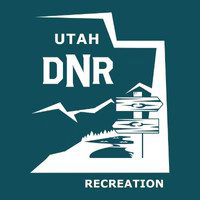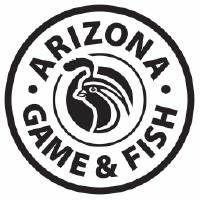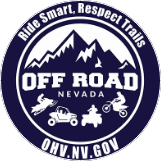OHV (Off-Highway Vehicle) certificates and requirements are essential documents that demonstrate an individual’s competence and understanding of safe and responsible off-road vehicle operation. These certificates typically encompass a comprehensive training program covering various aspects, such as vehicle maintenance, trail etiquette, environmental conservation, and safety protocols. Acquiring an OHV certificate not only ensures that riders possess the necessary skills to navigate rugged terrains safely but also promotes a culture of responsible outdoor recreation. These certificates and OHV Requirements often serve as a prerequisite for legally operating off-highway vehicles in many regions, contributing to the preservation of natural landscapes and the well-being of both riders and the environment.
Off-Highway Vehicle Programs
Utah Off-Highway Vehicle (OHV) Education Requirements

As of Jan. 1, 2023, Utah requires all OHV operators to complete the Utah Off-Highway Vehicle Education Course. Operators under the age of 18 shall possess a youth OHV education certificate in order to operate an OHV on public land, road, or trail. Operators 18 years of age or older may operate an OHV if they possess an approved adult OHV education certificate. The once-in-a-lifetime course should take less than 30 minutes to complete and is now available.

Arizona Off-Highway Vehicle (OHV) Requirements

Arizona has many scenic off road trails that provide recreational enjoyment. But before you take that adventure, explore the rules and regulations, purchase your OHV license or decal, and get familiar with the best locations, all right here.
Vehicle Operation Regulations and Safety
It is unlawful for anyone to drive an OHV:
- With reckless disregard for the safety of persons or property.
- Off an existing road, trail, or route in a manner that causes damage to wildlife habitat, riparian areas, cultural or natural resources, or property or improvements.
- On closed roads, trails, routes, or areas (with the exception of hunters retrieving animals in designated areas in accordance with land management agency rules).
- Over unimproved roads, trails, routes, or areas, unless driving on roads, trails, routes, or areas is allowed by rule or regulation.
- That causes damage to the environment as prohibited by rule, regulation, ordinance, or code.
Other Regulations
Driver’s license
A valid driver’s license is required when operating on roads that meet the definition of a highway, this includes maintained dirt roads.
Riding double
Operating an ATV without the proper safety components for an additional rider is dangerous. Operating an ATV in this manner impedes proper riding techniques and drastically changes the vehicle’s response. Proper riding technique requires operators to shift their weight and position to maintain control. Many injuries sustained in OHV crashes can be attributed to passengers riding improperly.
Driving While Impaired
DUI with an OHV is just like a DUI in any other vehicle. It is unlawful for a person to drive or be in actual physical control of a vehicle while under the influence of intoxicating liquor or any drug if the person is impaired to the slightest degree, A.R.S. 28-1381.
Nevada Off-Highway Vehicle (OHV) Registration

Call the OHV Registration Office at (775) 684-4381 for Registration Questions!
Register Your Off-Highway Vehicle
3 Easy Steps
- Step 1 – Select the appropriate form:
- Registration forms and procedures differ depending on when and where your vehicle was purchased or whether it is homemade. Click on the appropriate link. Please read the application and forms carefully. A separate form is needed for each vehicle.
- Step 2 – Take appropriate form and vehicle for a VIN inspection to you local OHV Dealership or low enforcement office:
- A Vehicle Identification Number (VIN) inspection will have to be completed by a licensed Nevada Off-Highway Vehicle dealer or a sworn law enforcement officer. Note: the DMV does not perform VIN inspections and all registration is by mail. If your vehicle has never been registered or titled in Nevada Click here to see a list of licensed dealers.
PLEASE NOTE:
Call your local dealer to verify they are conducting VIN Inspections.
If your vehicle does not currently have a VIN Number, a VIN Assignment Form will need to be completed. Call the DMV to obtain this form, but remember the DMV does not perform VIN inspections for Off-Highway Vehicles.Please call DMV during normal business hours: (775) 684-4381
- A Vehicle Identification Number (VIN) inspection will have to be completed by a licensed Nevada Off-Highway Vehicle dealer or a sworn law enforcement officer. Note: the DMV does not perform VIN inspections and all registration is by mail. If your vehicle has never been registered or titled in Nevada Click here to see a list of licensed dealers.
- Step 3 – Pay Fees, complete application, and mail in your supporting documentation to DMV:
- The dealer who completes the inspection may submit the application and other documents on your behalf or you may mail them yourself. Dealers may charge up to $2 for each registration and/or title application submitted.
Fees
You may pay by check or money order made payable to DMV. You may also pay by credit or debit card using the payment card slip attached to the forms.
Registration (annual renewal required) $20.00
Late Fee for expired registration $10.00
Title for Nevada Resident $28.25
Title for Non-Nevada Resident $43.25
VIN Assignment (if needed) $2.00
Dealer fee per registration or title application submitted (paid to dealer separately) $2.00
Duplicate Decal Fee $5.00
Duplicate Title Fee $20.00


